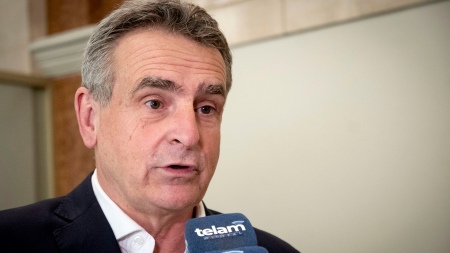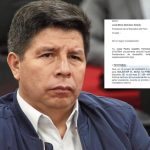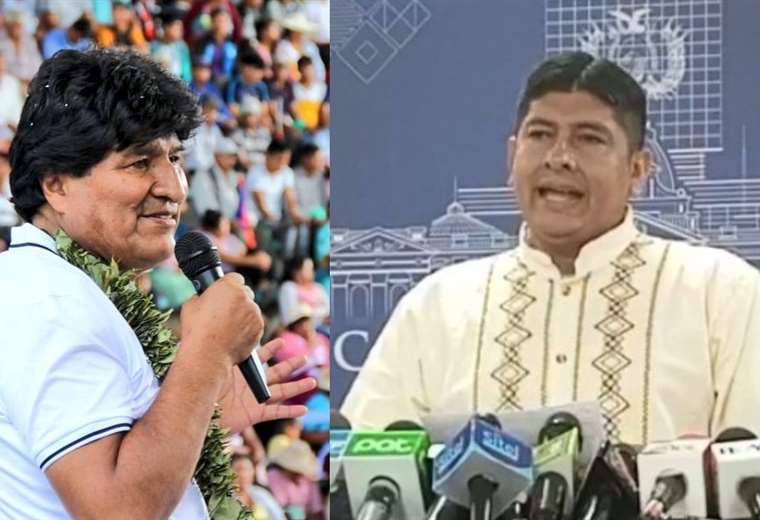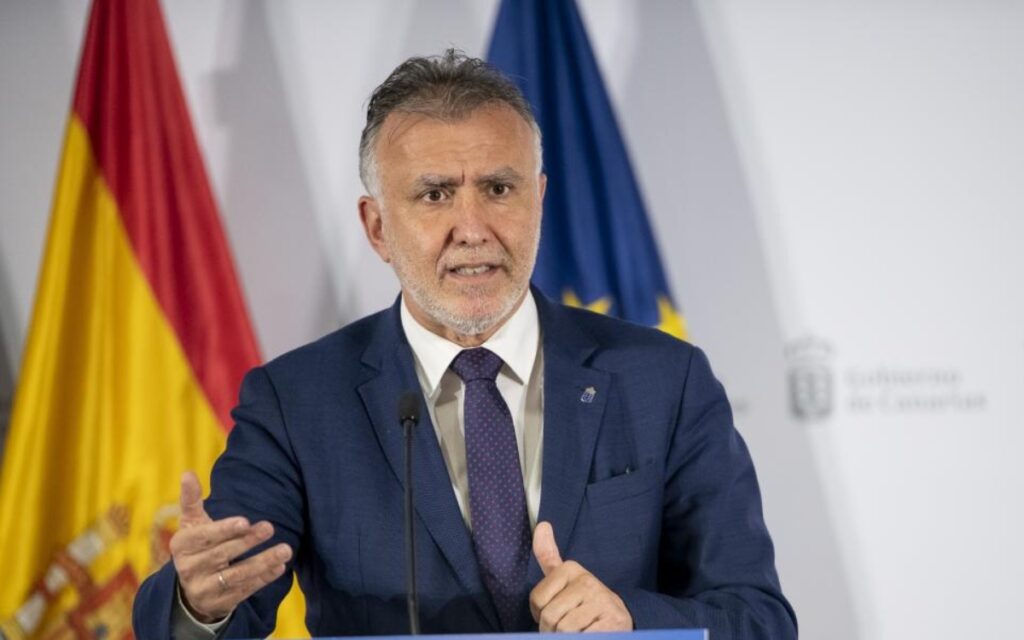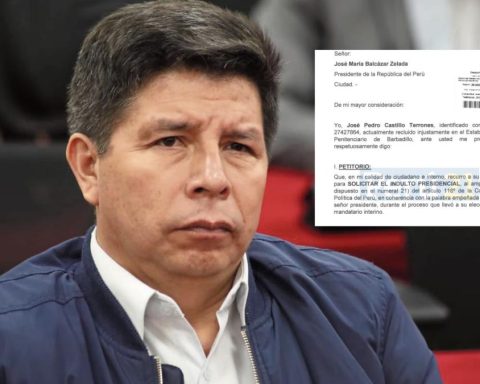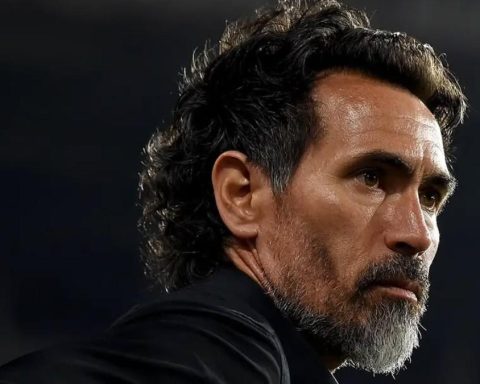The comptroller of the Federal Intelligence Agency (AFI), Agustín Rossi, replied this Sunday to the head of the PRO, Patricia Bullrich, by asserting that “taking the Army out into the streets has failed all over the world“, and highlighted the decision of President Alberto Fernández to convene a table to design the “electoral rules and strategies” of the Frente de Todos (FdT) for the next elections.
Rossi responded to recent statements by Bullrich, presidential candidate for Together for Change (JxC), who days ago spoke out in favor of the Armed Forces, and specifically the Army, fighting drug trafficking and insecurity.
“Taking the Army out onto the streets has failed all over the world,” Rossi said in a dialogue with Radio 10, and emphasized that in Latin America the examples in this regard “only generated more violence and a greater number of innocent victims as a result of the use of a force that is not prepared for that”.
“The Argentine Army would not want to (take on that role) either because the majority of the men and women that make it up know that this is not their function,” he asserted.
Besides, Rossi referred to the scenario before the upcoming elections and reiterated that “we had to govern in unforeseen situations.”
“We did know what macrismo had left behind, but we had not foreseen the pandemic and the war,” he added, noting that In the Frente de Todos “the pending debt we have is that the generation of work is accompanied by the (increase in) purchasing power of Argentines.”
He also described as “positive” the announcement by President Fernández that he will call for the formation of a political table of the FdT to establish “electoral rules” and “strategies” for the elections, because “this area will allow us to analyze how we are going to generate an electoral proposal that is as competitive as possible.
“I trust the intelligence, maturity and patriotic commitment of our main leaders that we will present a good electoral proposal so that the right never returns,” said the AFI comptroller.
In this regard, he considered that a new Macrista government “would generate greater social injustice in the country and more concentration of wealth.”
